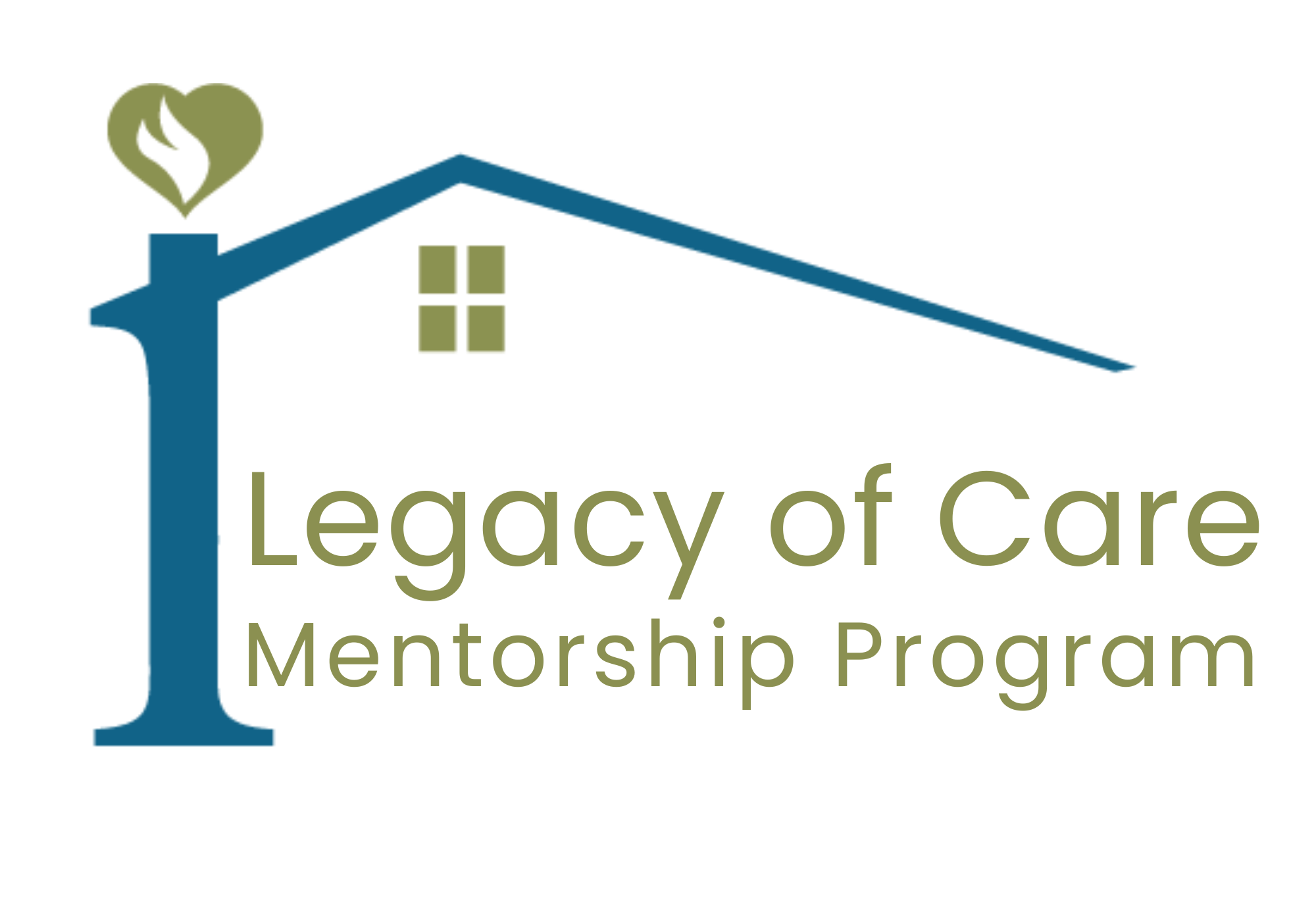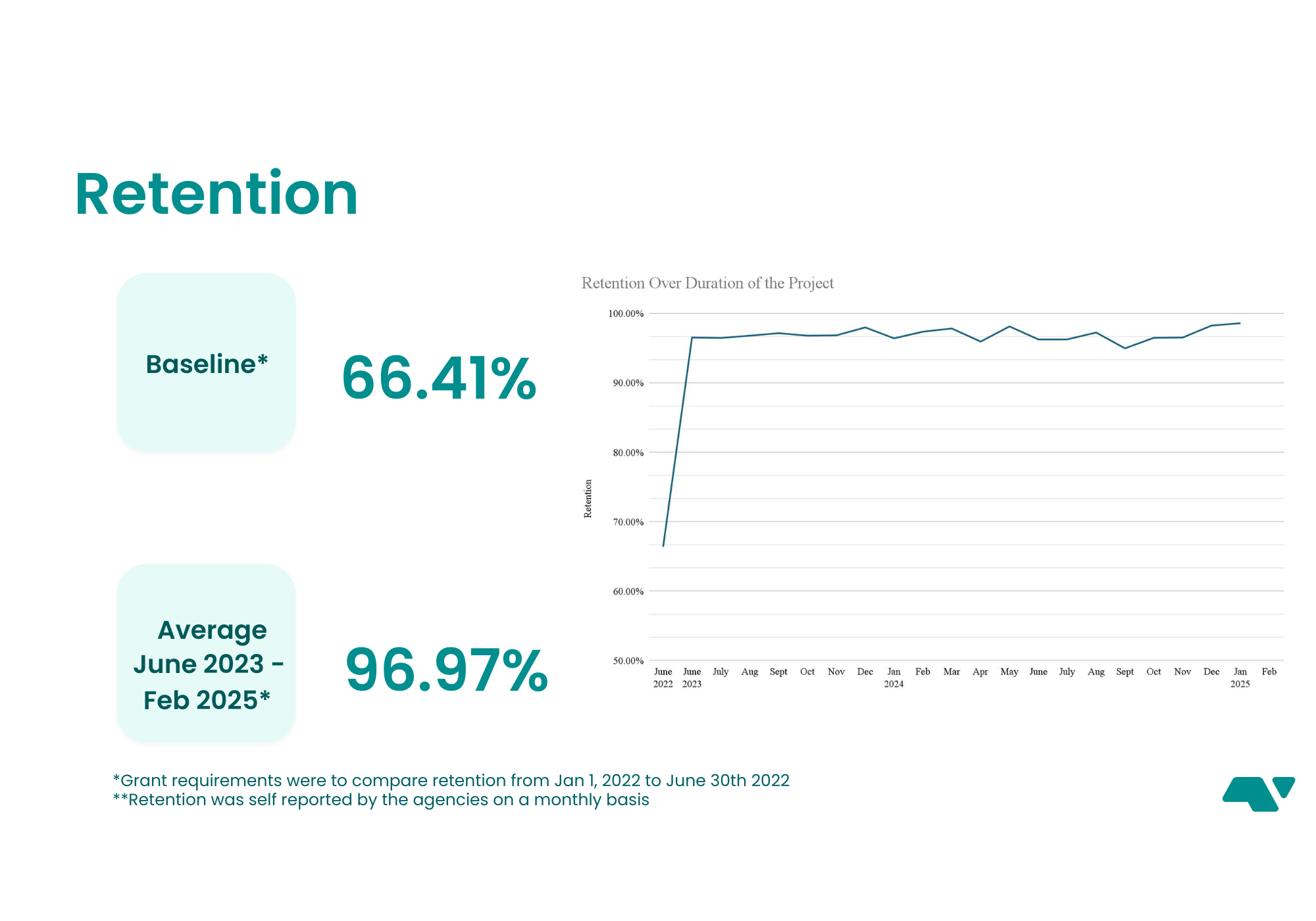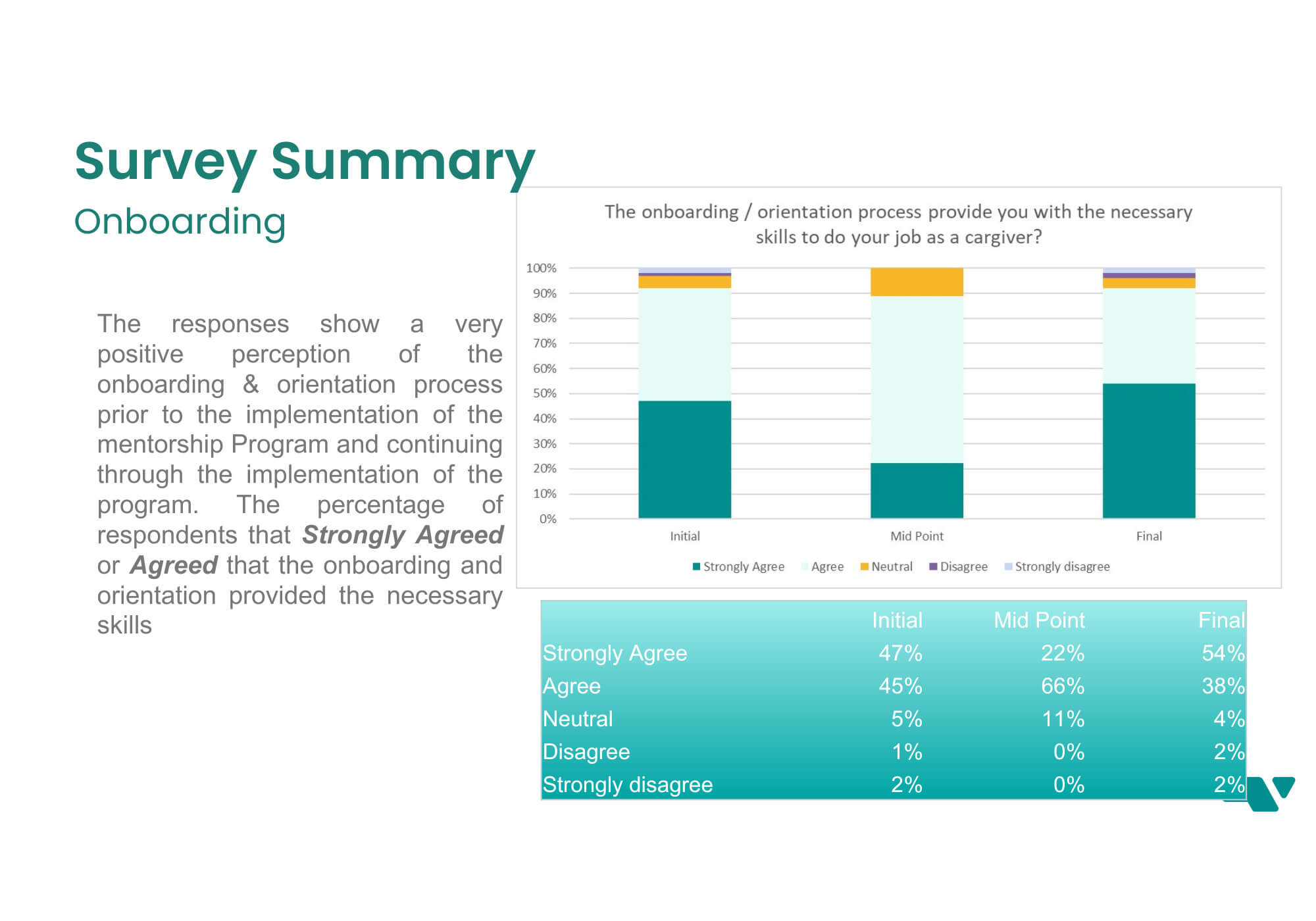Legacy of Care Mentorship Program
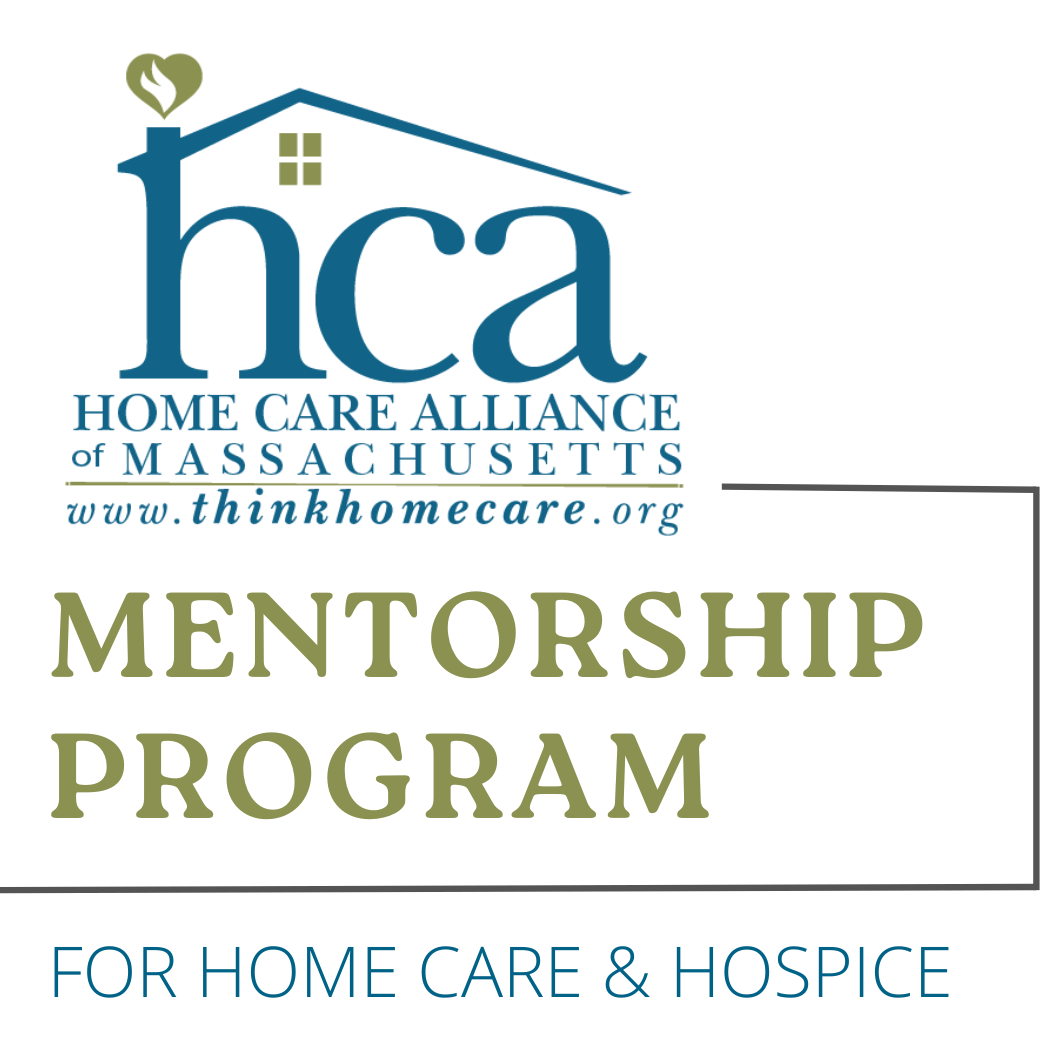
Creating a Legacy of Care Mentorship Program to Support New Home Care Aides
A Project of the Foundation for Home Health, Inc; supported by a grant from the MA Home and Community Based Services and Human Service Workforce Program of the MA Executive Office of Health and Human Services January, 2023 – March, 2025
The Foundation for Home Health, the educational subsidiary of the Home Care Alliance of MA, contracted with the Community Health Care Services Foundation (a New York 510(C)(6) organization), and with Nevvon, Inc., a national leader in providing on-line training for aides, to implement this project to establish aide mentorship programs at 25 participating home care agencies across Massachusetts.
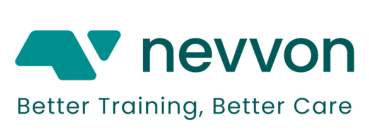

Legacy of Care Mentorship Details
The "Creating a Legacy of Care Mentorship Program" aims to support new home care aides in Massachusetts through mentorship, funded by the MA Home and Community-Based Services Program. Adapting the successful Legacy of Care model from New York, the project established mentor programs at 25 agencies, training 100 experienced aides to mentor 1,000 new hires over 60 days. The program's goal is to reduce turnover, boost confidence and satisfaction, and offer career growth opportunities.
Participating agencies received reimbursement for mentor training, time spent mentoring, and administrative costs, promoting retention and a positive team culture in home care settings.
Originally piloted for one year (June 1, 2020 - May 31, 2021), the Legacy Mentor program achieved impressive results: non-pilot agencies (those without mentorship programs) had a 170% higher caregiver turnover rate in the first 90 days of employment as compared with pilot agencies during the research period.
Goals of the Project:
- Create mentor programs within 25 agencies across Massachusetts
- Train 100 experienced home care aides to be mentors
- Connect 1000 newly hired aides with mentors for the first 60 days of their employment
- Decrease turnover during the first 60 days of employment
- Boost aide confidence and satisfaction
- Offer career ladder growth opportunities/retention for top aides
- Create a positive, team-centered culture within each participating agency.
For this grant project, the Foundation for Home Health licensed and adapted the Legacy of Care Mentorship Program content for use by agencies in Massachusetts, including:
- A six-hour mentor training curriculum to train experienced home care aides to be mentors, hosted on the Nevvon remote learning platform
- A two-hour mentor manager orientation training, also hosted on the Nevvon platform
- Standardized tools for participating agencies to report recruitment and retention statistics
- Standardized surveys via cellphone to assess job satisfaction and confidence levels for both mentor aides and mentored aides.
In addition, the Foundation for Home Health developed standardized monthly activity and expense reports for agencies to track and report those aides that completed the mentor training and time spent on the project by both mentor aides and new aide mentees.
Through the HCBS grant, the Foundation was able to reimburse participating agencies for the following project-related expenses:
- The time experience aides spent completing the 6-hour mentor training
- A pay differential to reflect a career ladder step for mentor aides
- The time mentor aides spent in meetings with their supervisors about the project
- The time mentor aides spent in their weekly meetings with their mentees
- The time mentees spent in their weekly meetings with their mentors
- A small monthly administrative fee to support project management
Best Practices for Caregiver Mentoring. Madsen, Erik. Private Duty Home Care at NAHC. Winter Leadership Summit. February, 2021.
Building a Peer Mentor Home Health Aide Program: Implications for Home Health Aide Retention. Kreiser, Athena Lu; Adamski, Tom; Gallagher, Bridget. Home Healthcare Nurse: The Journal for the Home Care and Hospice Professional. 28(8):480-486, September, 2010.
Can Peer Mentors Help Address the Direct Care Workforce Shortage? Paraprofessional Healthcare Institute. February 28, 2022.
Feasibility of deploying peer coaches to mentor frontline home health aides and promote mobility among individuals recovering from a stroke: pilot test of a randomized controlled trial. Feldman, Penny H, McDonald, Margaret V, Onorato, Nicole, Stein, Joel, Williams, Olajide. Pilot Feasibility Stud 8, 22 (2022).
Home Health Aide Apprenticeship. Trumont.
How to Create a Caregiver Mentor Program to Boost Caregiver Retention. Activated Insights. September 26, 2018.
Introducing Peer Mentoring in Long-Term Care Settings. Workforce Strategies No.2. Paraprofessional Healthcare Institute. May, 2003.
Legacy of Care Mentorship Program. New York State Home Care Providers Foundation. 2021.
Testimony
Mentorship in Action: Understanding the Patient
Mentorship in Action: Growing, Learning, and Sharing Best Practices
Mentorship in Action: Don't Be Afraid to Ask for Help: Utilize Your Resources!
Mentorship in Action: Building Trust and Sharing Knowledge

Key Outcomes
The outcomes reflect the program's effectiveness in enhancing retention, engagement, and caregiver development across participating agencies.
- Retention rate improved from 66.41% baseline to 96.97%
- Significant increases in satisfaction with onboarding and ongoing training
- Mentees reported higher job confidence and satisfaction
- Mentors gained leadership experience and viewed the program as career development
- Agencies saw improved team culture and communication
- Organic recruitment impact: mentees began referring peers to their agencies

